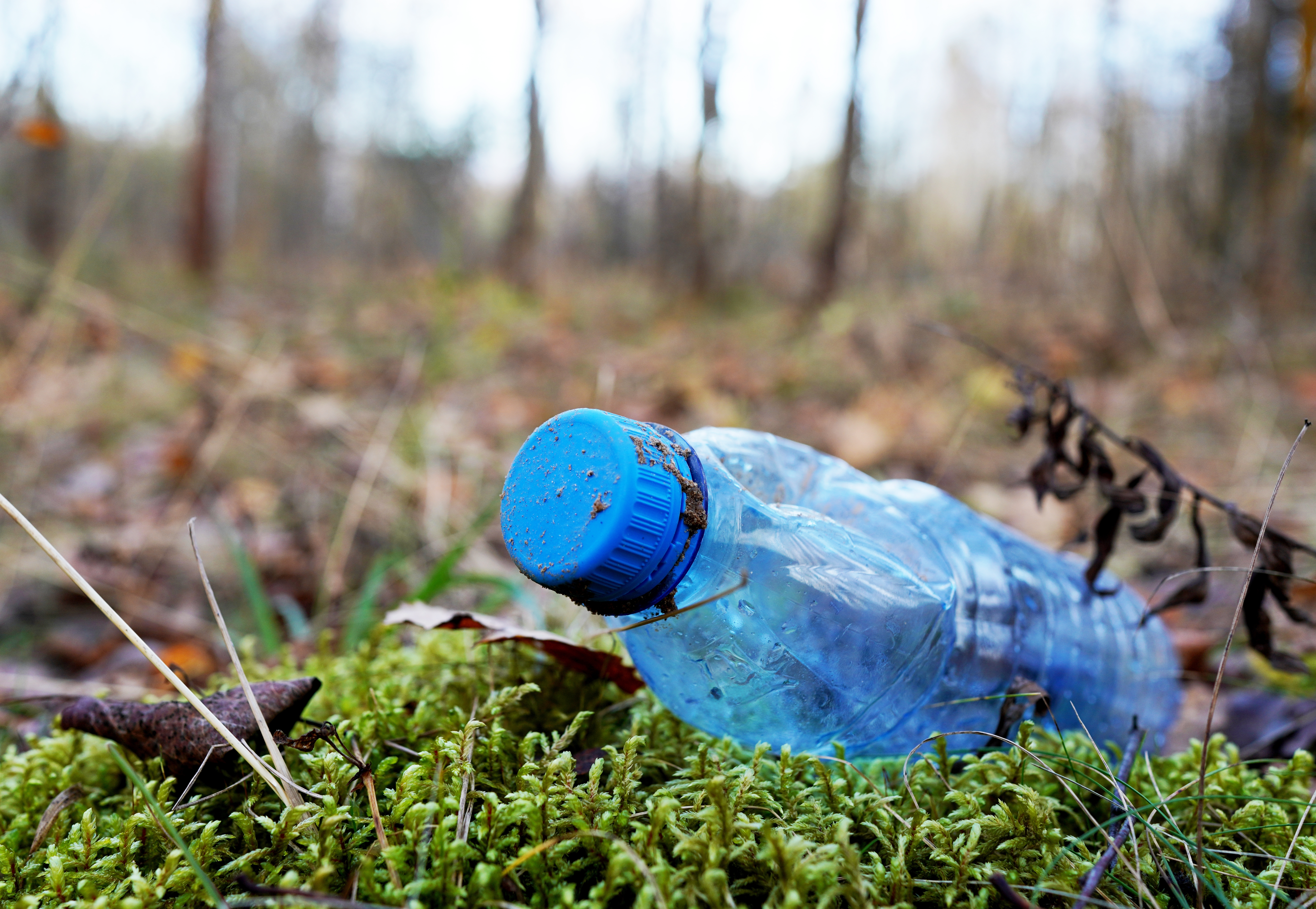Holiday resorts are drowning in garbage. And new regulations have not yet come into force

- Another season has begun in which Polish beaches and mountain trails will be covered with cigarette butts and empty bottles.
- These are mainly beverage packaging, mostly alcoholic beverages.
- Experts believe that the problem can be reduced by introducing EPR and a tight deposit system, as well as eco-design.
Data from the report "Holidays with rubbish, or what we leave behind in places of rest", prepared in 2024 by the Ecological Association EKO-UNIA, are clear: we are surrounded by rubbish, mainly beverage packaging, mostly alcoholic beverages.
In Gdańsk alone, in 2023, the removal of illegal landfills cost the city over PLN 522,000. The Clean Odra campaign collected 120 tons of garbage in 2022 , 180 tons in 2024, and in 2025, over 200 tons . The share of the glass fraction in particular is increasing significantly - it currently reaches up to half of the collected volume.
We need a mental change and education starting from kindergarten, because compared to last year we litter just as much or even more.
- warns Prof. Agnieszka Nawirska-Olszańska, author of the report.
The new law is a chance for less waste and more responsibilityExperts hope that the deposit-refund system, the Extended Producer Responsibility (EPR) system and the EU PPWR regulation will help reduce the amount of waste.
We will have to comply with the provisions of the PPWR , which introduce, among others, the obligation to design packaging with recycling in mind, limiting disposable packaging and objectives of reducing the introduction of waste to the market. from August 2026
The Council of Ministers' legislative work list at the beginning of June included a long-awaited draft bill on packaging and packaging waste, which defines EPR . The draft bill will have to wait until the third quarter of 2025.
EPR is important because it enforces the "polluter pays" principle. This means that producers pay for the costs of collecting and processing the packaging they use
- emphasizes Piotr Barczak, co-founder of the Polish Zero Waste Association and member of the board of the European Environmental Bureau.
Today, municipalities and their residents are mainly responsible for these costs, which creates a sense of injustice. In September 2024, during a debate accompanying the publication of the report "Holidays with garbage", Deputy Minister Anita Sowińska (MKIŚ) announced that the ROP system will provide stable financing for waste management in Poland and that this financing will be more fair, because currently residents pay for packaging waste three times.
- Once, when buying shampoo, for example, they pay for the bottle. Then they pay when they throw away the bottle, paying another fee for waste collection. And the third time is usually when the commune does not achieve its recycling targets. And then, of course, someone has to pay the fine. It's not like the commune is taking the money out of its pocket, these funds also come from public money, she explained.

Barczak also emphasizes the injustice of today's model: - Everyone pays, regardless of whether it is a person who buys a lot of carbonated drinks or someone who, for the benefit of their health and the environment, chooses tap water. And this distinction is very important, because the costs of waste management are growing and will continue to grow. These costs should be supported by high and functional ROP fees.
A deposit-refund system will be in force in Poland from October. The system will cover three types of packaging: plastic bottles up to 3 liters, metal cans up to 1 liter, and reusable glass bottles up to 1.5 liters.
However, the system did not include, for example, single-use glass bottles, which often litter public spaces. In mid-June, Minister Sowińska, explaining the loopholes in the system, said:
It cannot be ruled out that the deposit-refund system will be expanded to include additional types of packaging in the future.
According to Paweł Pomian from the Ecological Association EKO-UNIA, a tight deposit system will allow for the elimination of the most environmentally harmful waste, such as small glass packaging or plastic beverage bottles.
- Including reusable glass bottles in the system is a good step, and we should also move in this direction in the case of other packaging - he explains.
Konrad Nowakowski, president of the Polish Chamber of Packaging Recovery and Recycling, says that failure to introduce legislative changes would lead to an uninterrupted, further increase in the amount of packaging waste.
- According to forecasts, it would increase by 19% by 2030, and in the case of plastic packaging waste - even by 46% - he calculates.
portalsamorzadowy





![The dance competition in Sośnica is behind us! [PHOTOS]](/_next/image?url=https%3A%2F%2Fzycie.pl%2Fstatic%2Ffiles%2Fgallery%2F561%2F1703569_1751296973.webp&w=3840&q=100)